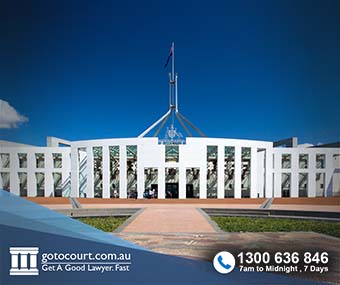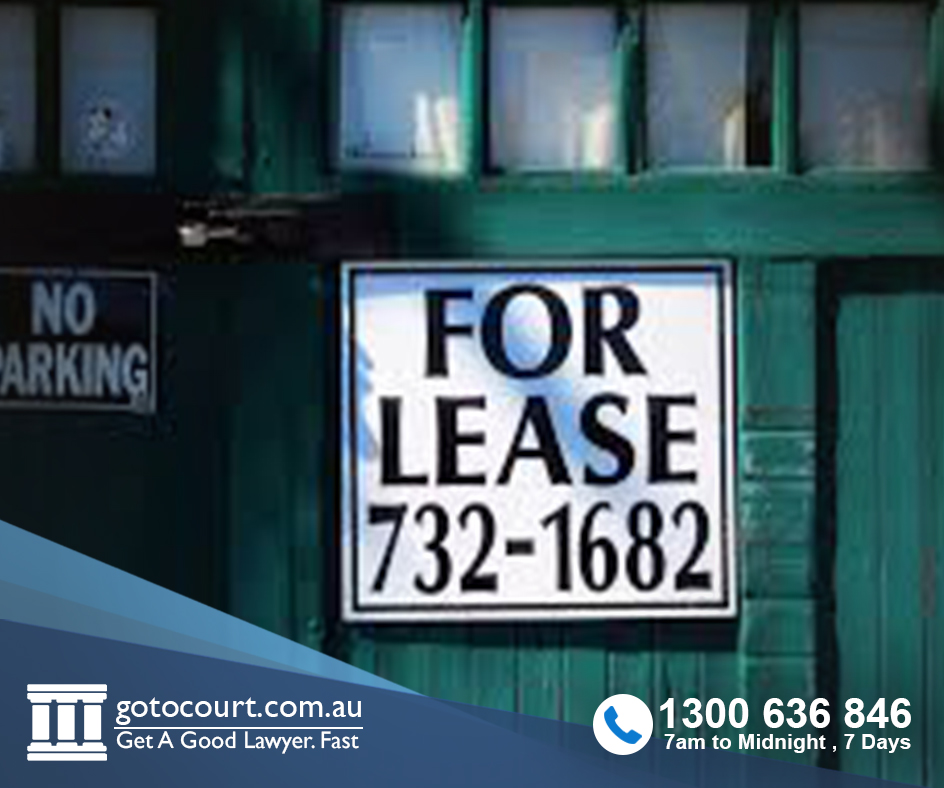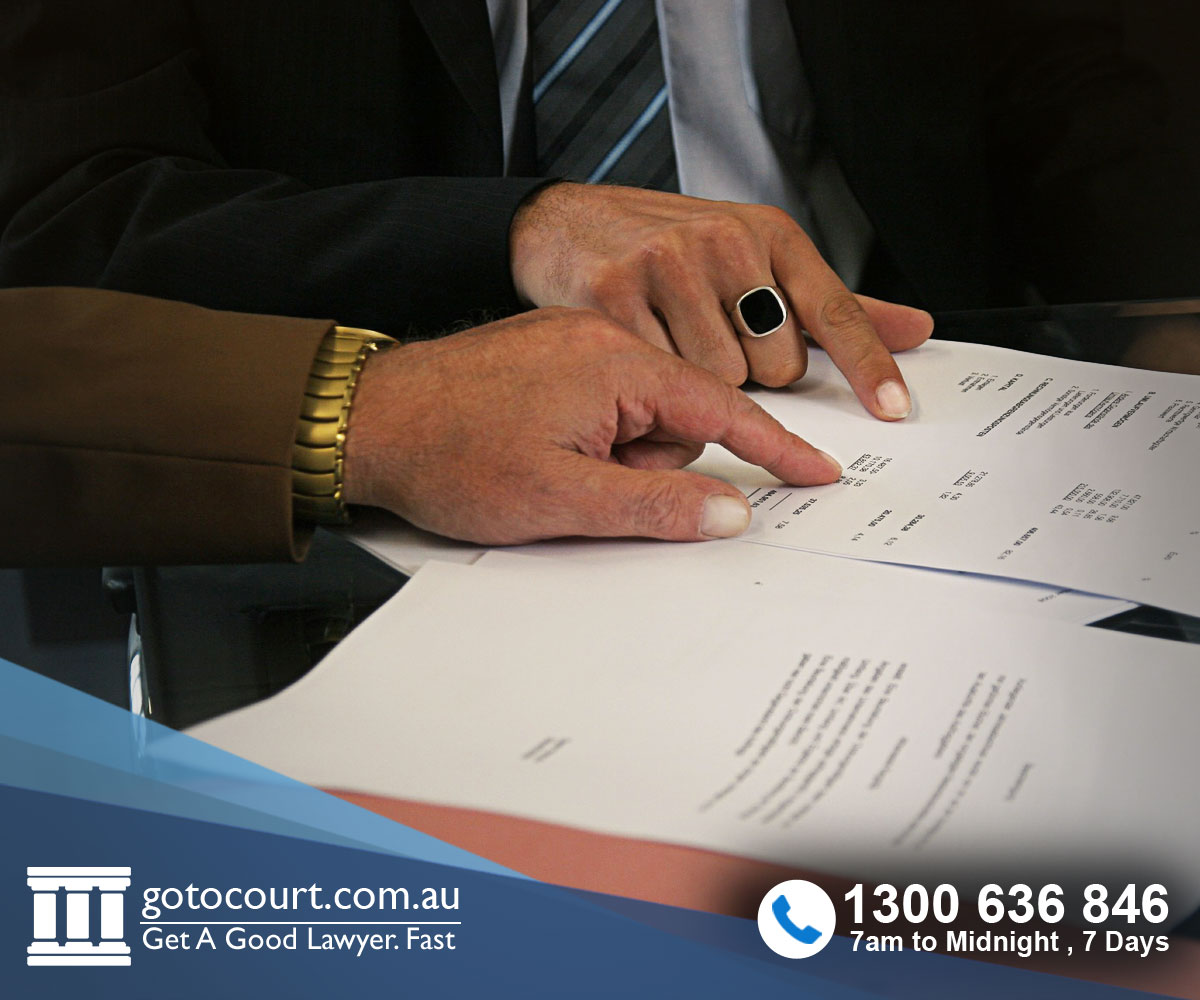Call our lawyers
now
or,
have our lawyers
call you
Excessive Hardship Because of COVID-19 and Residential Leases (Qld)
Excessive Hardship Because of COVID-19 and Residential Leases (Qld)
Please note that the legislation referred to on this page is no longer in force.
On 24 April 2020, the Queensland government passed the Residential Tenancies and Rooming Accommodation (COVID-19 Emergency Response) Regulation. The Regulation makes temporary changes to the Queensland Residential Tenancies Act to make allowances for tenants suffering excessive hardship because of COVID-19 and will remain in force until 31 December 2020. It was made under the power conferred by the COVID-19 Emergency Response Act 2020.
The Regulation extends a number of rights to tenants who are suffering excessive hardship because of COVID-19. It also releases landlords from obligations that they may not be able to safely comply with during the pandemic.
What is excessive hardship because of COVID-19?
A person is suffering excessive hardship because of COVID-19 if:
- They or a person they care caring for has tested positive with COVID-19;
- They are subject to a quarantine direction;
- Their place of employment has closed in compliance with a public health direction;
- Their place of employment cannot continue to operate due to a loss of business because of a public health direction;
- They are in isolation because of their vulnerability or the vulnerability of a person they live with or care for (such as being over 70 or having a compromised immune system);
- Travel restrictions prevent them from working or returning home;
- They cannot leave or enter Australia
AND they have suffered a loss of at least 25% of their weekly income or the rent due amounts to 30% or more of their income.
Moratorium on evictions
Under Section 8 of the Regulation, landlords and agents must not evict residential tenants for failing to pay rent due to excessive hardship because of COVID-19. Evicting a tenant in these circumstances is an offence and can lead to a fine of up to 50 penalty units.
Evicting includes giving a tenant a notice to leave, applying to the tribunal for an order terminating the tenancy or causing the tenant to vacate the property.
What if my tenant has not paid their rent?
If your tenant has rent that is overdue by more than seven days, and you suspect they are suffering excessive hardship because of COVID-19, you must not give them a notice to remedy breach as you would normally do when rent is not paid. Instead, you must give the tenant a ‘show cause’ notice. Your tenant must then, within 14 days, either pay the rent or inform you that they are suffering hardship because of COVID-19. If the tenant does not do either of those things within 14 days, you may give them a notice to remedy breach (ie pay the unpaid rent).
What if I cannot pay my rent?
If you are a tenant who is experiencing COVID-19 related hardship, you should notify your landlord or agent of this immediately. You can ask them to allow you to enter into a tenancy variation agreement that may include a reduction of rent.
How do I prove excessive hardship?
You should provide your landlord or agent with documentation such as bank statements, payslips and letters from your employer saying that you have been stood down or that your hours have been reduced.
Maintenance and repairs
Landlords and agents do not have to carry out their usual duties in relation to repairs and maintenance if these are inconsistent with public health directions or social distancing for the period the Regulation is in force.
Termination of lease
If you are a tenant and are suffering hardship because of COVID-19 and you want to terminate the lease, you must first make a dispute resolution request to the tribunal. If you cannot come to an agreement with the lessor, you may make an application for termination of the lease. For this to be granted, you must establish that they are suffering excessive hardship because of COVID-19.
Extending leases
Where a tenant under a fixed-term lease that ends on or before the 29 September 2020 is suffering excessive hardship because of COVID-19, the landlord must allow them to extend the lease until 30 September 2020 or until an earlier date requested by the tenant.
A landlord who fails to extend a lease in these circumstances is guilty of an offence and faces a maximum penalty of a fine of 50 penalty units.
Non-COVID-19 related tenancy issues
Nothing in the Regulation prevents a landlord from evicting a tenant for reasons other than excessive hardship because of COVID-19. A tenant who uses premises for illegal purposes, for example, can still be evicted through the usual procedures under the Residential Tenancies Act. A tenant who fails to pay their rent for a reason that is not a direct result of the pandemic can still be compelled to do so and evicted if they fail to do so.
Tenants who are granted a moratorium on evictions or given a rent reduction for the period of the Regulation must still abide by the other terms of their residential tenancy agreement.
If you require legal advice or representation in relation to residential tenancies or in any other legal matter please contact Go To Court Lawyers.

Affordable Lawyers
Our Go To Court Lawyers will assist you in all areas of law. We specialise in providing legal advice urgently – at the time when you need it most. If you need a lawyer right now, today, we can help you – no matter where you are in Australia.How It Works






1. You speak directly to a lawyer
When you call the Go To Court Legal Hotline, you will be connected directly to a lawyer, every time.

2. Get your legal situation assessed
We determine the best way forward in your legal matter, free of charge. If you want to go ahead and book a face-to-face appointment, we will connect you with a specialist in your local area.

3. We arrange everything as needed
If you want to go ahead and book a fact-to-face appointment, we will connect you with a specialist in your local area no matter where you are and even at very short notice.












